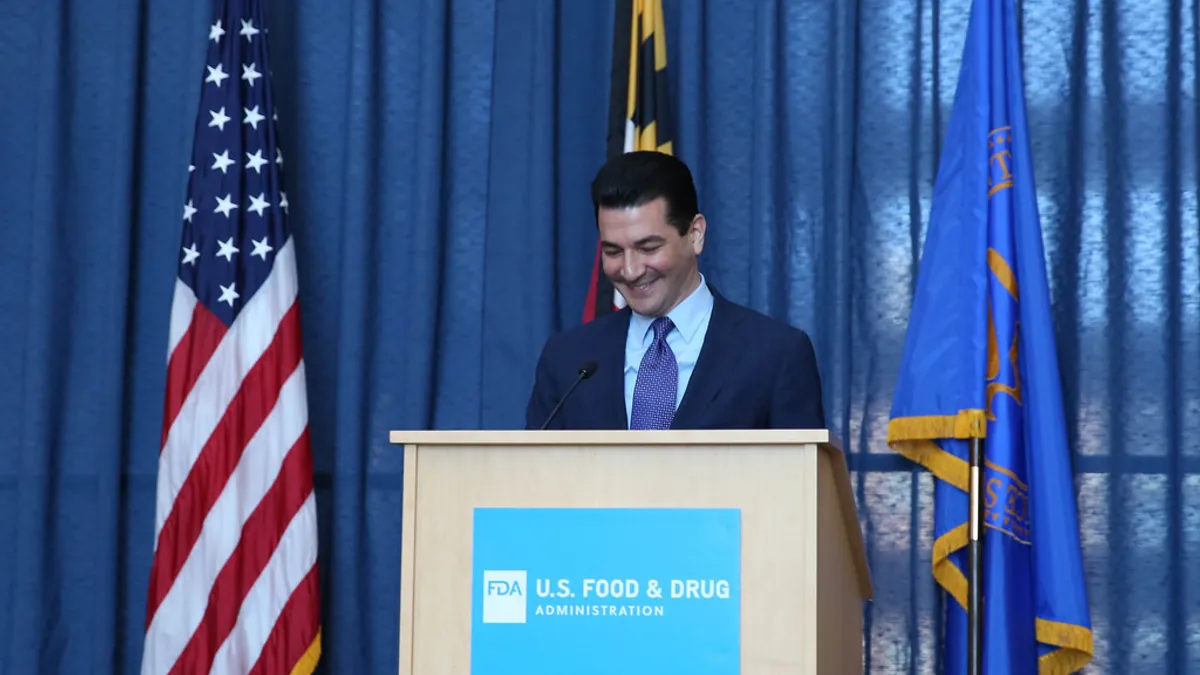Dive Brief:
- Hearing aid manufacturers will have to wait a little longer until FDA announces its framework for the sale of over-the-counter hearing aids for those with mild to moderate hearing loss. The FDA Reauthorization Act of 2017 mandated that agency promulgate proposed regulations within three years to “establish a category of over-the-counter hearing aids.”
- But the agency did not include the proposed rule on its Fall 2018 rule list, relegating it instead to its Long-Term Actions list. FDA indicates that it plans to issue the proposal in November 2019, leaving some wiggle room ahead of its statutory deadline on Aug. 18, 2020. The rule is listed as not major, which indicates OMB expects it to have an impact on the economy of less than $100 million.
- The release of the Office of Management and Budget’s Unified Agenda comes less than two weeks after Bose received FDA authorization to market the first self-fitting hearing aid that can be programmed without the help of a healthcare provider.
Dive Insight:
FDA Commissioner Scott Gottlieb plugged the effort to reform hearing aid regulations, saying that timely access to medical devices is critical. The agency chief pointed to outdated regulations as a factor that can add to development costs for companies and stall innovation.
“We’re also taking steps to remove outdated regulations or advance new rules to promote efficient patient access to innovative products. These steps include efforts to establish implementing regulations for a new category of over-the-counter hearing aids and the requirements that apply to them,” Gottlieb said in a statement.
A 2011 JAMA Internal Medicine research letter estimates that 30 million Americans suffer from age-related hearing loss.
Hearing aids are not covered by Medicare or most private insurance plans and out-of-pocket costs for a single hearing aid average $2,400, according to a fact sheet on The Over-the-Counter Hearing Aid Act.
Sen. Elizabeth Warren, D-MA, the Senate sponsor of the legislation, praised the bill when FDARA was signed into law.
"This law will make a life changing difference for millions of Americans who experience hearing loss but can't access the hearing aid technology they need because of high costs and excessive regulations," Warren said in a press release, also contending it would "increase competition, spur innovation, and bring down prices."
Cowen Washington Research Group said that the law will likely make hearing aids less expensive and allow new players to enter the market now "dominated by companies like ReSound, Sonova, and William Demant."
The FDA proposal intends to “promote the availability of additional kinds of devices that address age-related hearing loss," according to the Unified Agenda.











